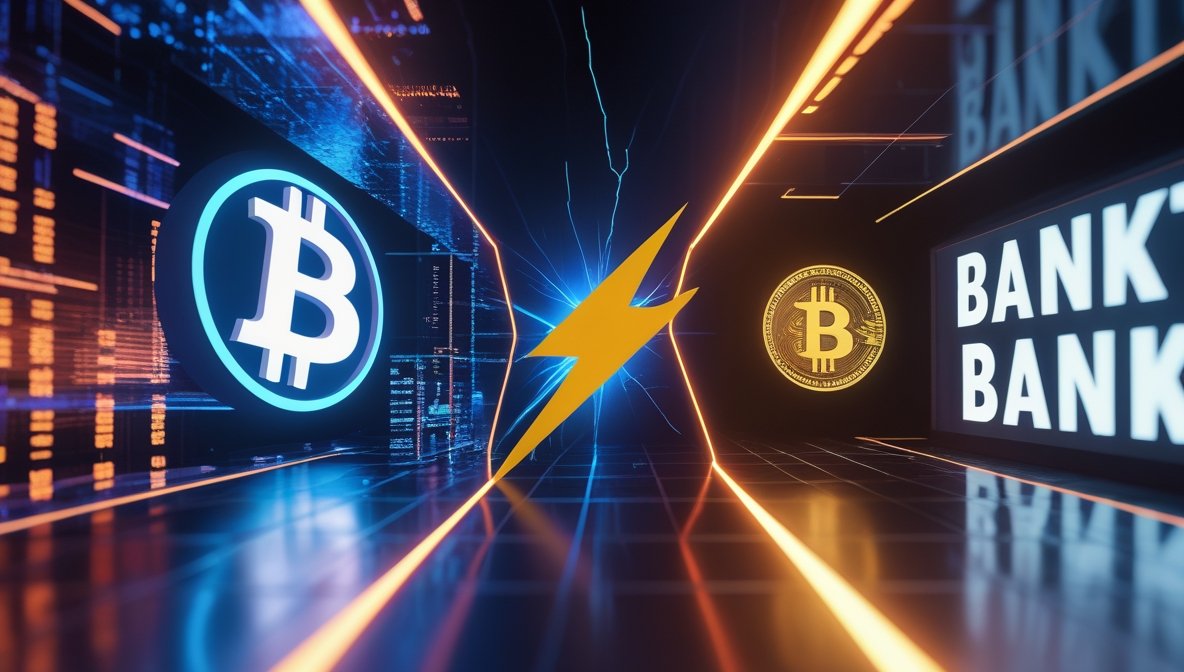Summary: The market cap of Pi Coin’s IOU has recently zeroed out on ComCoinMarketCap, puzzling the Pi community immensely. Although no one is sure what the actual cause is, many think of it as a technical issue. Regardless of this drop, it still has a Fully Diluted Valuation (FDV) of 3.51 billion. This allows for some semblance of optimism for a potential official release.
There is considerable turbulence even before the official release of Pi Coin’s IOU version. The market cap value on CoinMarketCap has dramatically declined to zero, which has raised a lot of concern among Pi holders. The Pi community, which was anticipating the big launch in Q1 this year, is now confused about the sudden drop. While some believe this to be a technical glitch on CoinMarketCap, many others are worried about the underlying factors.
YOU MIGHT ALSO LIKE: USDT Transfers on Ethereum Become Cheaper Than on Tron
Fortunately, there is some positive news Pi is still garnering interest. The FDV continues to hold its place at $3.51 billion. In addition to this, the token has been active recently, increasing from $40 to $51.7. That is a 30% increase in under a week. Most of this trading activity is occurring on BitMart, which accounts for approximately 75% of the trades, while HTX comes in second with 25%. However, the price on HTX is significantly lower.
YOU MIGHT ALSO LIKE: North Carolina Joins 19 States in Proposing Bitcoin Reserves
At the moment, the Pi family is staying put and waiting to understand if this market cap issue is something deeper than just a glitch.










